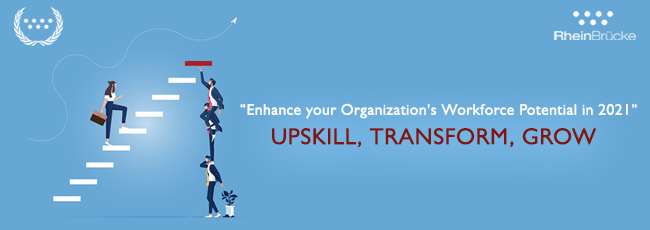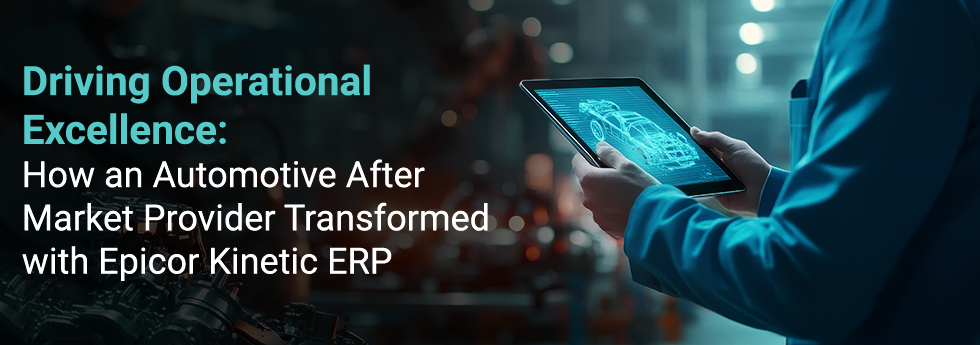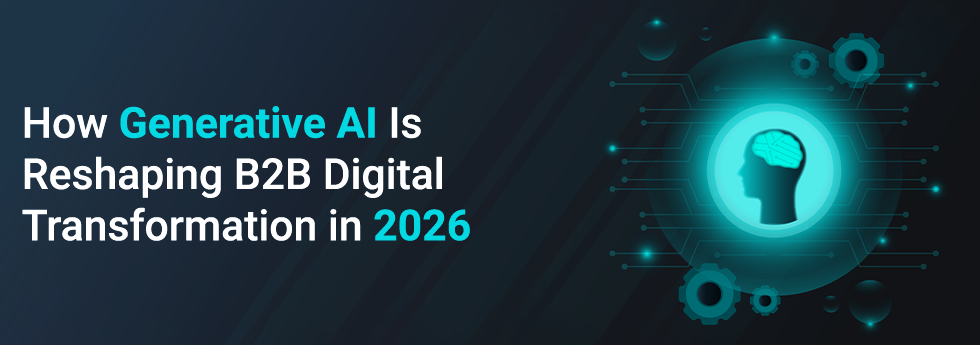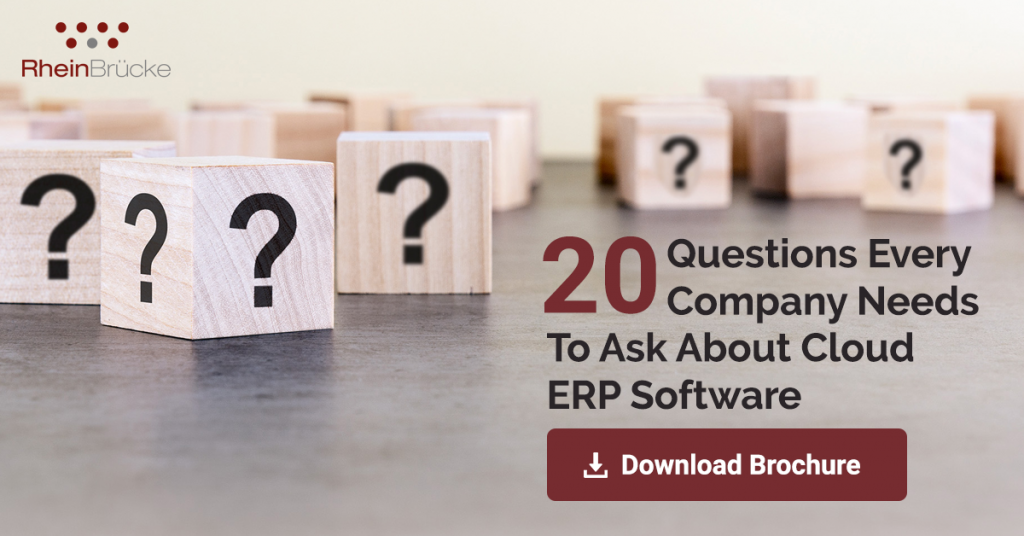
In the fast–evolving era of disruptive technologies and changing markets, organizations need to be innovative, adaptive, and ever-changing. For achieving this, employee upskilling and learning is a very important part of an organization’s effort to enhance productivity and effectiveness. Especially in the post–Covid world where organizations are moving in larger numbers towards remote work culture, it is vital to have a strong workforce that’s quick to adapt to the needs of modern business challenges. Collective learning and the ability to unlearn and relearn new skills at regular intervals are considered vital assets for employees today. Employees learning new skills and acquiring knowledge on an on-going basis will have a direct positive impact on their productivity, thereby increasing the organization’s profitability. Creating a learning culture within the organization not only helps improve the performance of the organization but also plays an important role in employee satisfaction and retention as well.
The concept of knowledge management and learning involves the creation, analysis, storage, dissemination, and usage of information for improved decision‐making and continuous learning. Learning happens once information is absorbed and leads to action. Organizations don’t organically turn out to be learning organizations (LO). There are critical factors that lead to this transformation. Creating an environment that encourages employees to engage in continuous learning takes some commitment and efforts from the organization as well.
Moreover, corporate leaders, today understand that employee turnover is an expensive process. Over time, these recruitment costs can add up and affect the corporate bottom-line itself. That’s where upskilling and training can come in as a great aid. Smart organizations will alleviate these financial pains associated with skill gaps by investing in tenured employees to retain them within the organization. Fortunately, companies have the option to invest in a strategically planned upskilling process to upgrade the skills of their existing employees. So, how can you go about creating a learning culture within the organization?
Companies that have a global workforce often do not have the luxury of classroom-based learning since the employees are dispersed in various parts of the world. Investing in a virtual training-based platform to upskill your employees is an ideal alternative. Employees can have the luxury of learning from any location at a designated time. The possibility of offering self-paced online courses enables employees to learn at their pace whenever they have time as well.
A Learning Management Systems (LMS) is an effective way to deliver training content to your employees in multiple formats. Numerous talent development software products available today offer attractive features for creating engaging learning experiences – measure progress, assessments, surveys, and polls, watch videos, and more.
To develop a knowledge-driven organization, setting up a Learning Management System that suits the organizations’ culture and objectives is critical. As LMS’ purpose is to empower Learning and Development (L&D) departments with the ability to coach and develop the employees to contribute to the company’s growth, success, and ultimately drive revenue. Cloud-based training platforms also go beyond basic LMS functionality by leveraging advanced technologies including in-built Artificial intelligence, social collaboration, etc. to deliver personalized and effective learning experiences to the learner.
An LMS platform will have a variety of features like uploading new courses, updating the course content to match evolving needs, tracking learning progress and generating skill reports, assisting learning, and making it enjoyable with gamification and intelligence-driven insights, third-party integrations, and many more. Additionally, voice modules can be added in many cases which give a class-room experience in the LMS platform.
Thus, investing in an LMS system should be a top priority for organizations who want to proceed with building an adaptive workforce meeting the needs of the organization. The ability to adapt quickly in a world of constant technological change cannot happen organically or by accident. It can be achieved only through continuous learning and by regularly upgrading your skills.
About RheinBrücke Academy
RheinBrücke Academy has been set up with an aim to help individuals and enterprises within our ecosystem – customers, partners, and associates enhance and develop their skills and knowledge for the digital age, narrow the digital skills divide within the organization, and accelerate their digital transformation journey
Contact us at education@rheincs.com to know more about RheinBrücke Academy and the courses offered.




